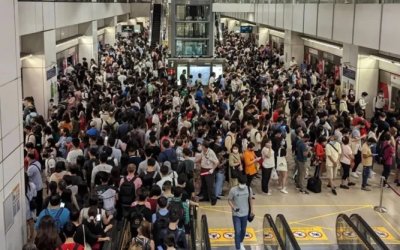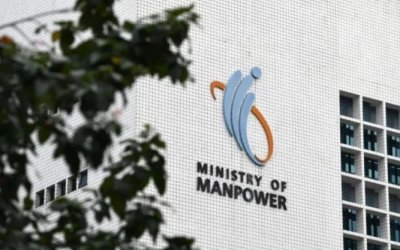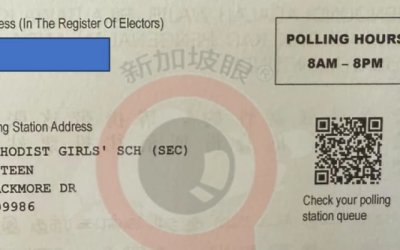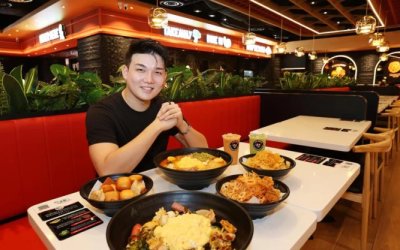一个出生在20世纪尾端的女孩儿,透过她的文笔,我们可以了解在这个时期的年轻人,是如何看待自己的生活,学业与爱情,当然平行观察,这些很主观的思绪,想法与苦恼,是否也同样缠绕着北半球的你呢?

今天的主人公Jessica是老赵的同事,一位27岁的新加坡女孩儿,作为“千禧一代”的她,并没有被物欲横飞的浮躁所侵蚀,享受着新加坡独特的社会教育福利带给她的顺遂,虽然不能说是随遇而安,却也是知足常乐,感恩所拥有的一切。

当我们渐渐的老去,慢慢的才发现,其实老去的不仅仅是我们的皮囊,更多的是自信的干瘪,当你与这样年轻的灵魂在一起共事时,你会发现,他们的自信绝不是纯天然的,而是来自于这个国家完整的教育体系,成绩固然是衡量学业的重要标准,可从小在新加坡这样注重理论与实践相结合的国家,可能对于自己未来的规划,与行动更为重要吧。
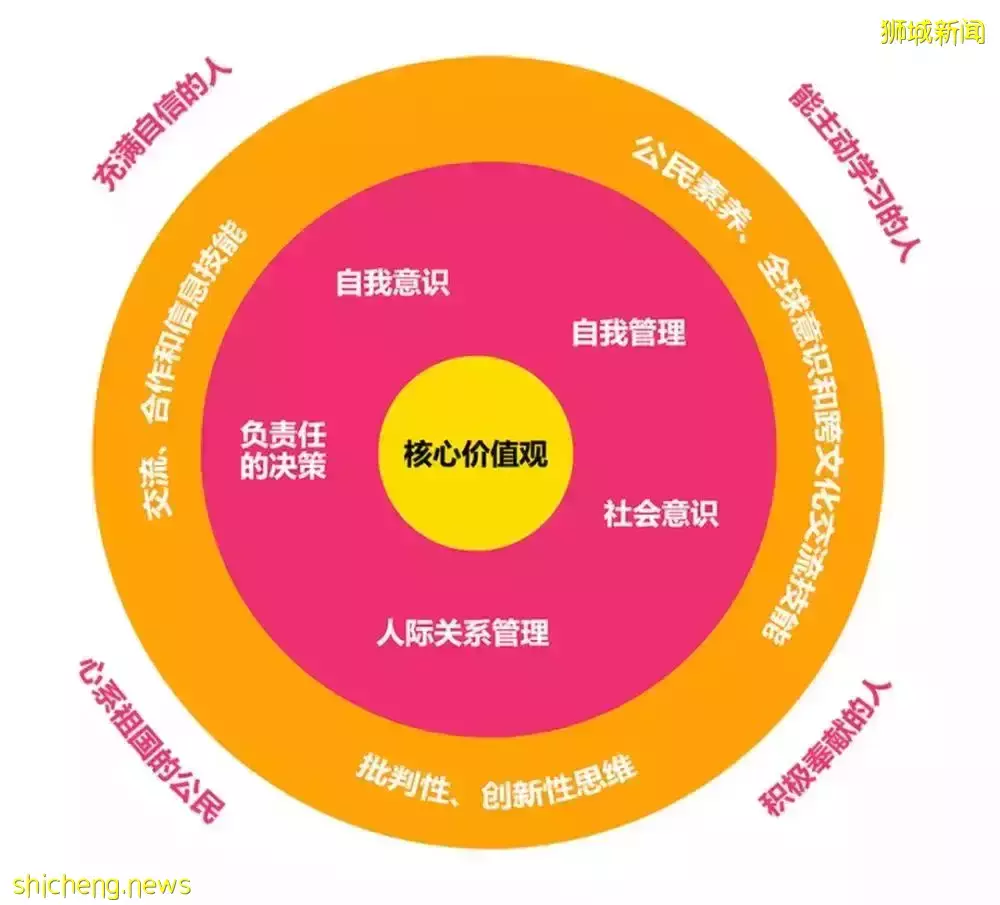
不知道是好还是坏,新加坡为了不给年轻一代太多的生活负担,一直秉持着先总理李光耀的居者有其屋的计划,在东方的年轻人都为买房而发愁的年代,新加坡为这些年轻人们准备好了只需要付15%的“婚房”,简单的计算,一套三室一厅的房子,只需要先付5万新币就可以拿到了,以后的每月贷款也可以从公积金中抵扣。当然大前提是,在房子下来之前,你要保证,你的另一半还是你的另一半。否则你不仅拿不到房而且也拿不回你的押金。

对于新加坡年轻人来说,大学生活不仅仅只有学业,更多的是情感交流,毕业后的你,忙碌于各种面试,初期的适应工作,人生规划,等到静下来时,一丝凉意窜上心头,多少会觉得十分孤单,七杂八杂的事物将时间占据,自我感觉充实有效,可一停下来,思想上的反弹,让这种情愫侵蚀著身体的每一寸皮肤。
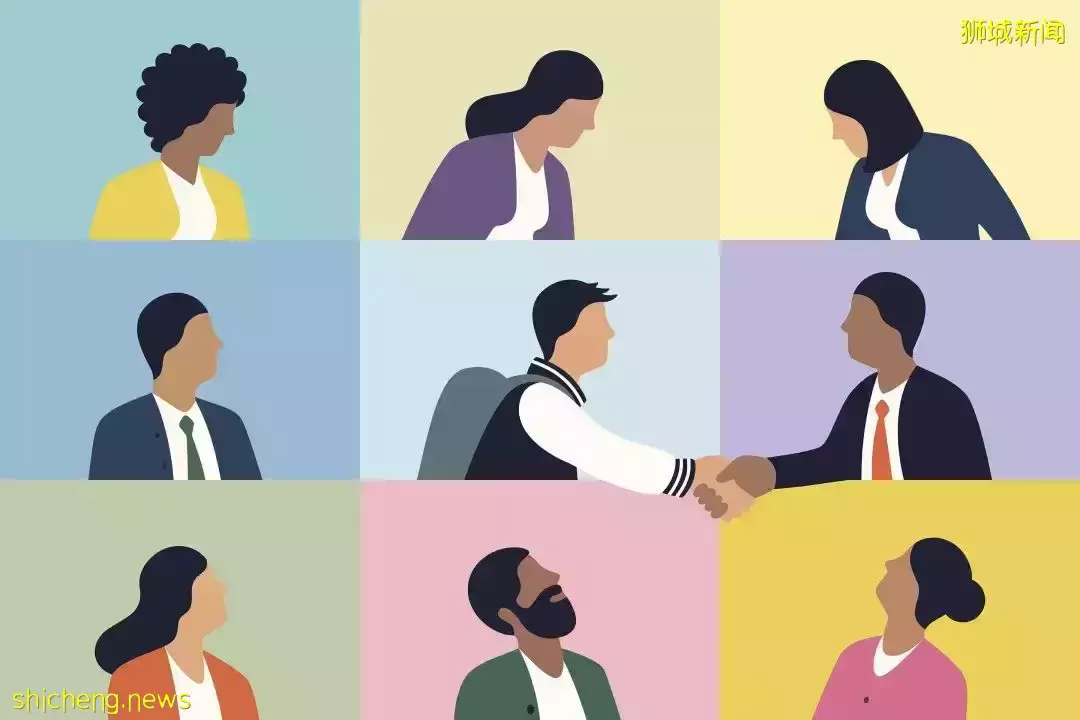
这还没完,冰冷的手机不仅不能平复内心,还要扩大你的焦虑,各种朋友圈,信息,新闻,都昭示著婚姻本应该与你越来越近,却又距离你越来越远。因为你根本没找到你的另一半。

Jessica在她的自白中有一段我非常赞同,那就是感情的获得,往往和努力并没有绝对关系,学习你可以是笨鸟先飞,工作你可以是勤能补拙,可感情,有太多太多都是付出得不到回报,那么只能等吗?或是顺从周遭思想的蹂躏,让自己就这么妥协,随随便便的找个人结束自己对爱情的憧憬?可能也算是一种选择吧,在一个高品质低成本的生活社会中,男女对于婚姻的渴望貌似变得越来越低,通过媒体平台达到大脑的满足成就了越来越多的宅男与不婚族。

说回到当下,Jessica提到2个问题:
1. 疫情时期,我们应该从哪儿找爱情?
2. 在新加坡这样的现代都市,爱情被商品化了吗?

回看这简单的两个问题,其实背后反射出不同的人性面;首先就是对社交的渴望,爱情这个事儿有时候确实很难说,找到爱情的可能更是少之又少,但是大家都有一颗寻找爱情的心,所以在疫情影响下,对于新加坡这样的都市型国家,基本将旅行这个业务直接拦腰折断,那么缺少了这一浪漫因素的爱情,多少都失去了灵魂。

其次是对自我的照顾,表现最明显的就是吃,无论你身处何处都不能改变这一与生俱来的诉求,但是有趣的是,我们不仅仅是为了吃饱,更多的是要吃的舒心;
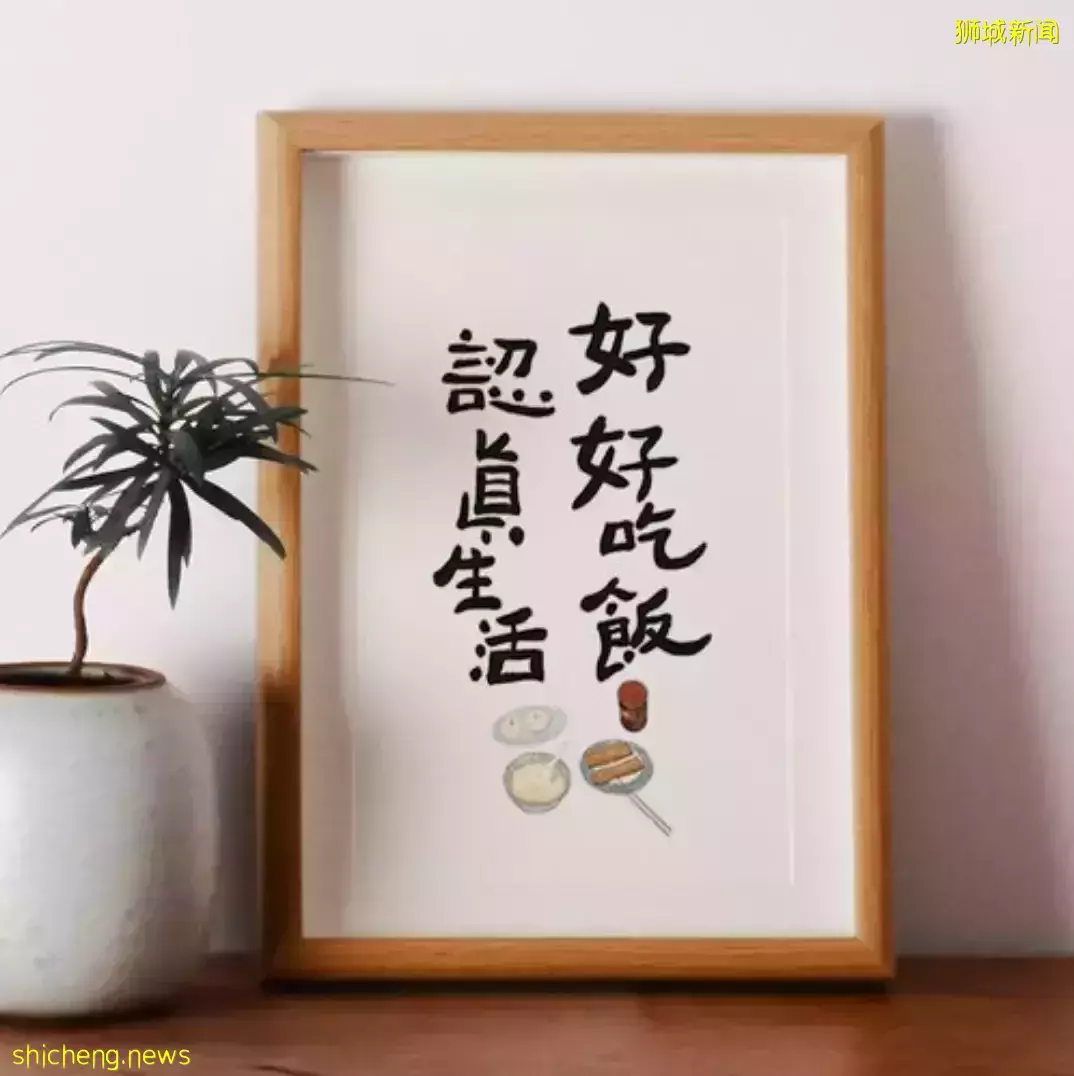
第三个就是在精神上放大自我,我们需要共鸣,需要从历史文化中寻求或多或少的关联。这可能也就是为什么我们要读书的真谛吧。那么爱情到底有没有被商品化,其实也就不重要了。
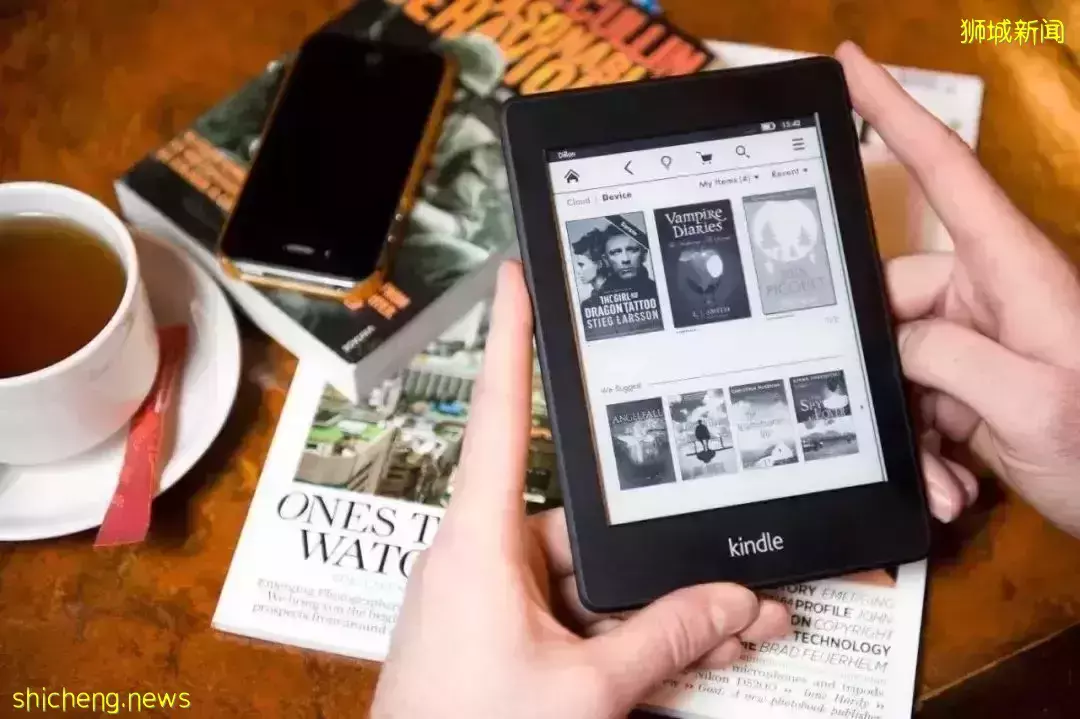
好了,老赵废话太多了,下面就让我们一起来欣赏一下Jessica的文笔吧,它不仅仅展示了作者内心对爱情的渴望,而且表明了自己积极的爱情观,当然,这还可以成为你学习生涯中难得的一篇英语随笔范文!
(如果您喜欢Jessica小姐姐的文章,欣赏她的爱情观,一定记得留言哦!)
I was born in the year ‘94, a part of what wecall “Gen Y”. In Singapore, the term “Gen Y”, also known asMillennials, is used to describe individuals born between 1981 and1996. Now 27 years of age, I have long left the education system, andam firmly steeped in the working world. With a decent job, enoughmoney to pay the bills, and enough to worry about the frivolousthings of life (such as which colour of iPhone 13 I should purchase),I consider myself lucky. But as a product of the education system inSingapore, my mind consciously seeks out goals for myself.
Our Singapore education system is known for beingof the highest quality all around the world. While it certainly hasits merits, being in the education system has wrought about a mindsetof following the herd. Since we were in primary 1, we had been taughtto do all we could to score well in our PSLE, the most important examwe would take in our primary school education. If we did well, wecould take the “through-train” and bypass our GCE “O” levels,straight to the GCE “A” level examinations. After these majorexaminations, we would then go to university or polytechnic,depending on how well we score for our examinations and our careerambitions.
I remember the days of mugging for these papers.We would spend long hours in the school canteen, furiously poringover math formulas and history essays, all in a bid to do well enoughto score a flush of straight As. During university, we would find alife partner, and then upon graduation, start a respectable job inthe civil service or corporate world. After that, it would be time toconsider getting a BTO with your partner and starting a family. Rinseand repeat.
It seems that the government has laid out ablueprint for us millennials to follow. Granted, this cookie-cuttersystem has its purpose. Unlike China, Singapore is a country withscarce resources and our people are our greatest asset. Therefore, itis of utmost importance that we groom enough talent to fit into thevarious roles of the economy. However, this mindset has trickled downto even our personal lives, even to the most intimate things likemarriage and family.
Yet another wedding to attend, yet another babyshower. Yet another friend who has announced her engagement onInstagram. These are the things that millennials of my age arecurrently doing. And being a byproduct of the education system,suddenly, my life is thrown in disarray when I realize that I am nolonger a cookie in the cookie-cutter system. I am suddenly differentfrom my peers. And one does wonder, why is love so hard to find?
Is love something that selectively choosesindividuals? In school, our teachers often said that if we workedhard, we would not do too badly. Hard work would always get ussomewhere. My school motto, “Nil Sine Labore” translates to“nothing without labour” in English. But is love something thatwe can fight for or work hard for? Or does it come to you when thetime is right? These are questions that I grapple with. The Maslow’sHierarchy of Needs postulates that people are motivated by five basiccategories of needs, with the lowest level being physiological needssuch as air, water, food, shelter, sleep and clothing. Once theseneeds are fulfilled, emotional needs such as love, intimacy,friendship, and a sense of connection comes into the spotlight.Naturally, being in a comfortable place with nothing much to worryabout in terms of food and shelter makes one more inclined to thinkabout questions relating to love.
Two important questions I ask about love are,firstly, where do we go to find love in the age of COVID-19? Andsecondly, in a practical society like Singapore, has love beencommodified? The pandemic has largely changed our way of living. Thisis by no means a sweeping statement. Working from home hasdrastically changed the way we view work, and by extension our lives.Being confined to the four walls of our home, with travel plansshelved and nowhere to go, where else can we find love but online?Millennials have therefore turned to dating apps to connect. However,I wonder if love can ever blossom behind a phone screen. It is nevereasy to tell a person’s true intentions, let alone when they arehiding behind the façade of a screen. Hell, we don’t even know ifthey are who they say they are.

